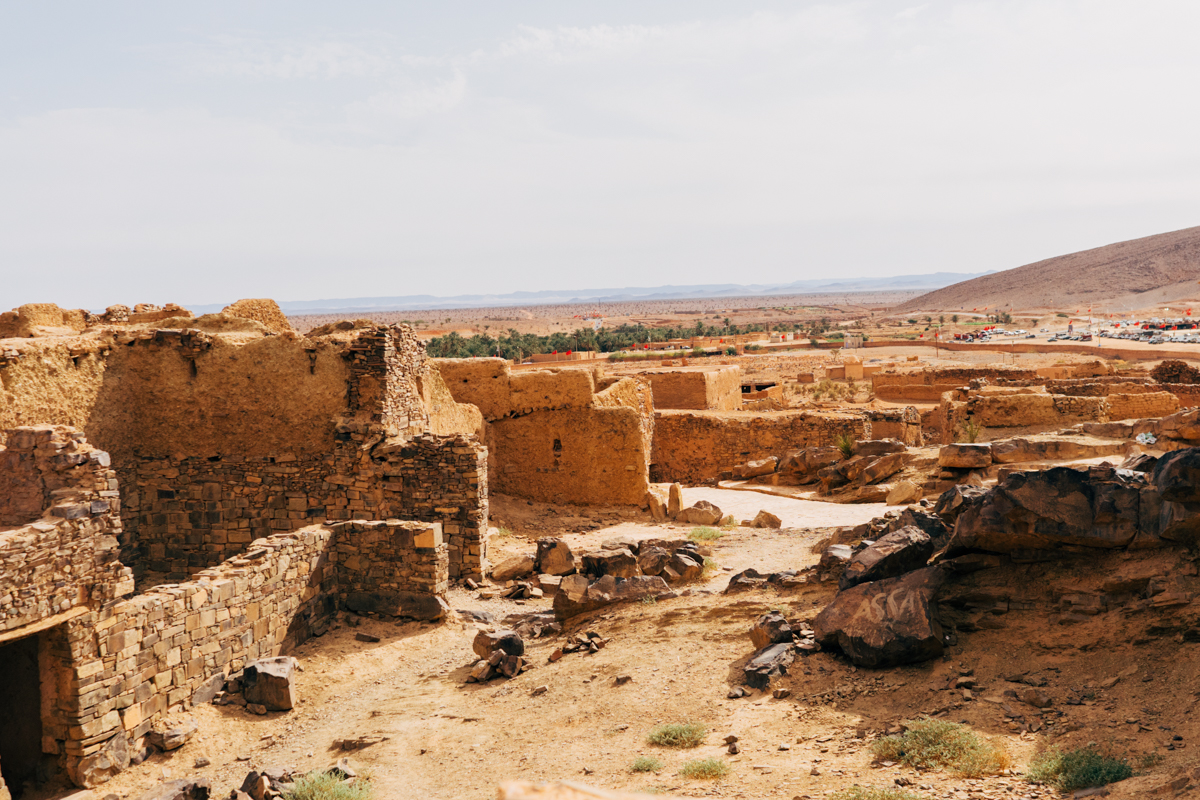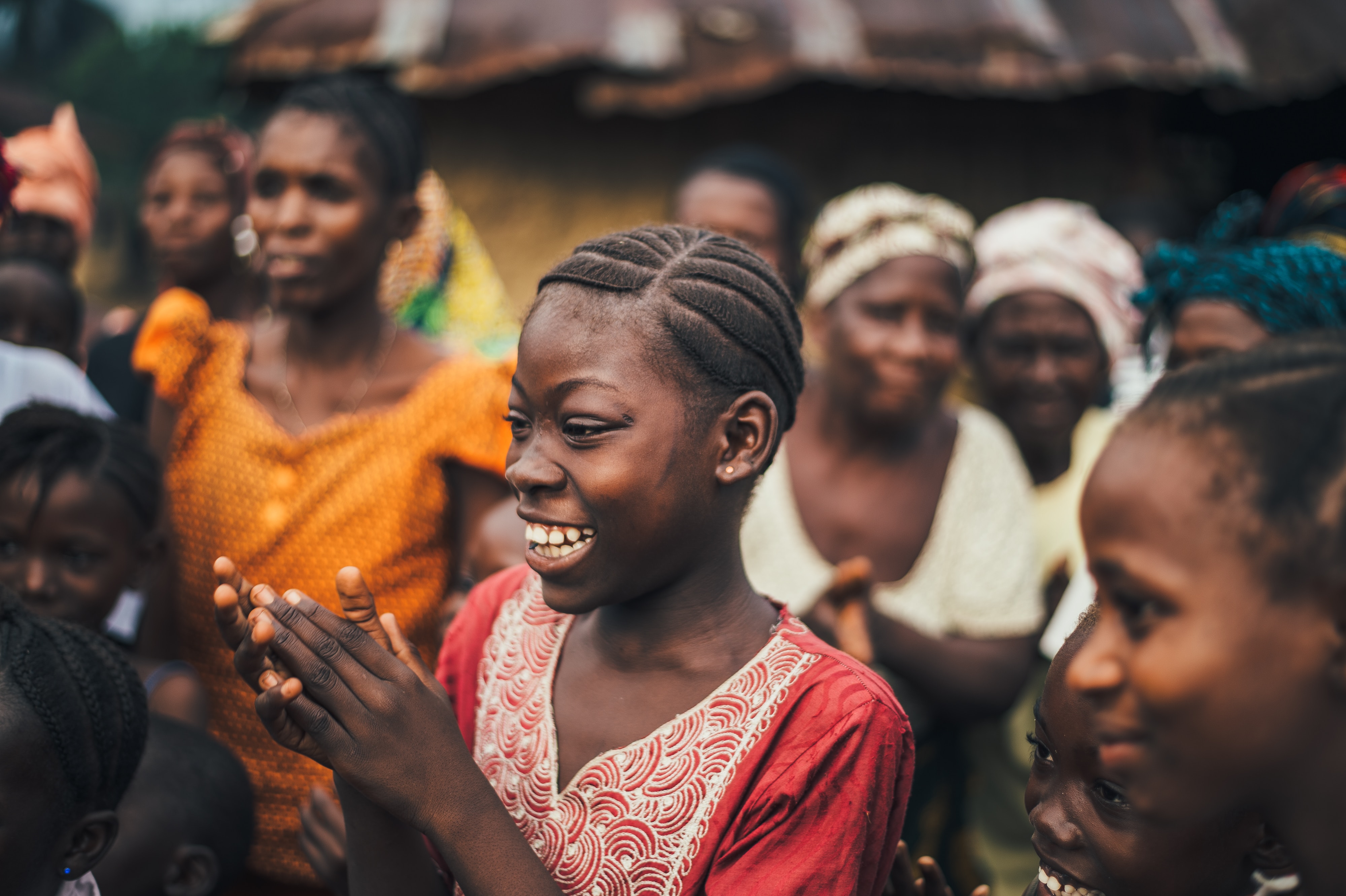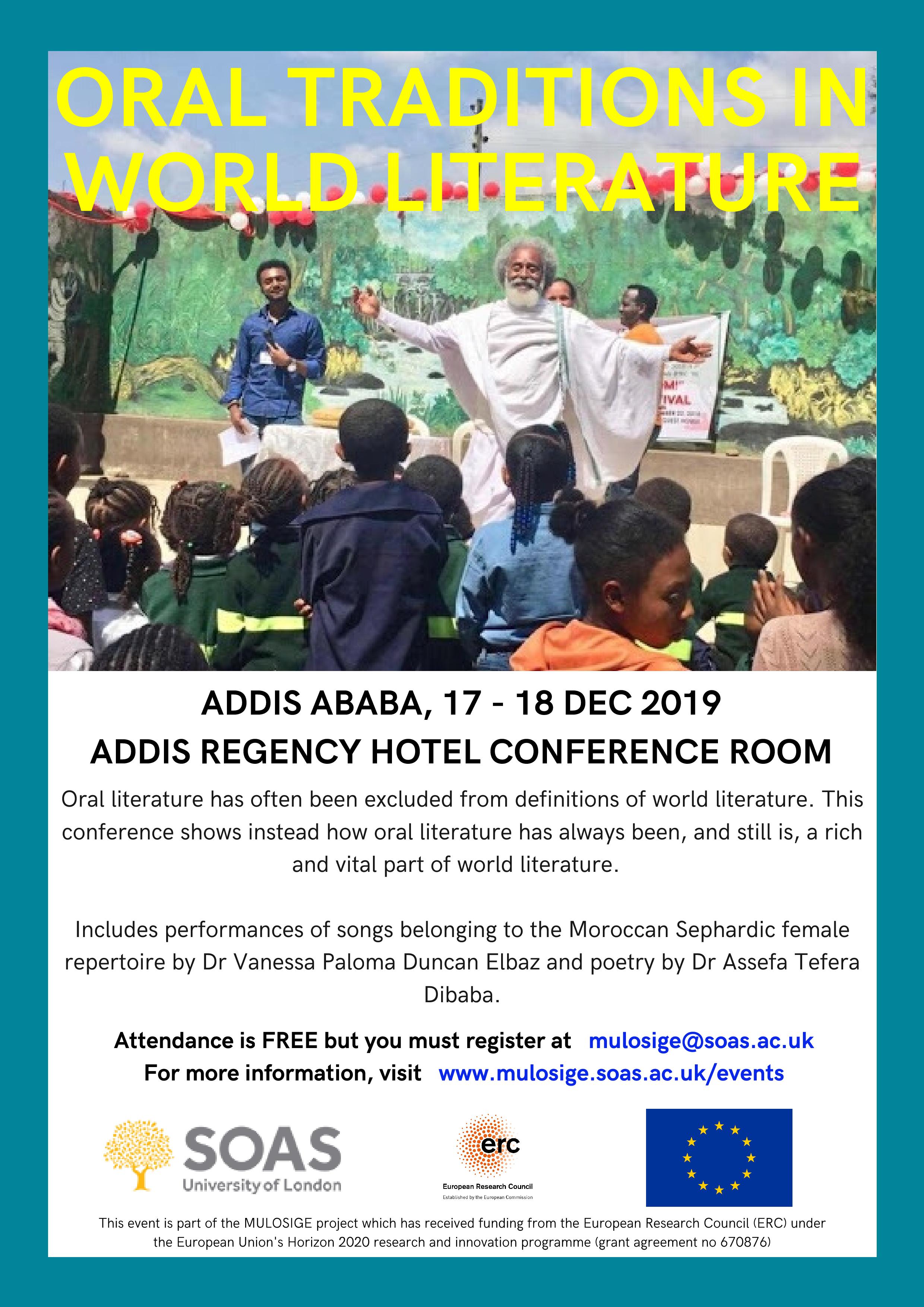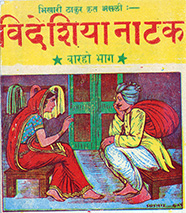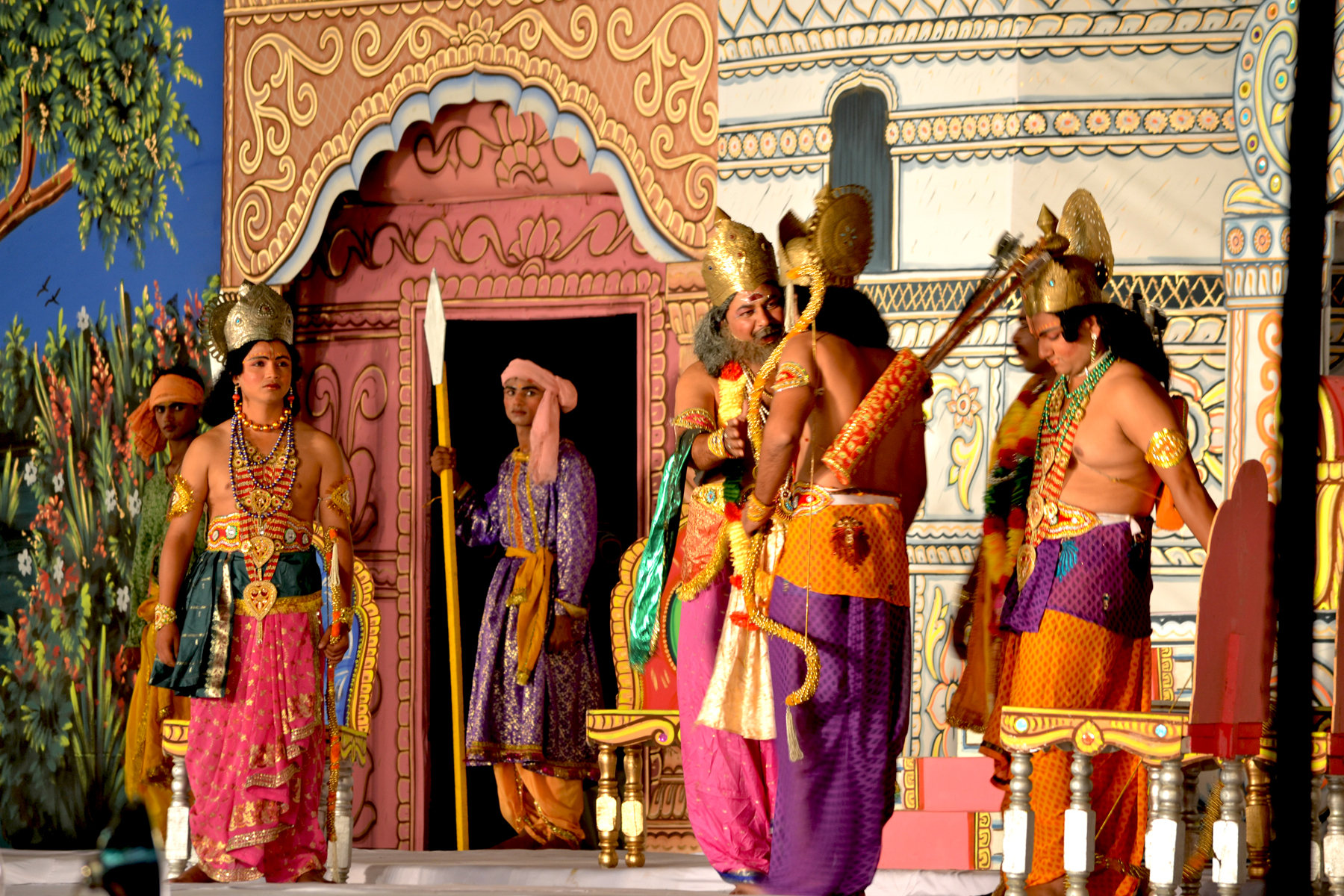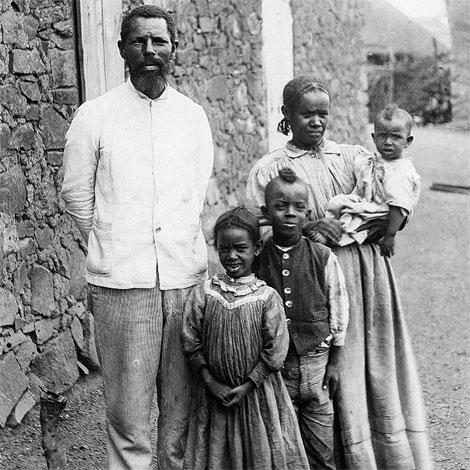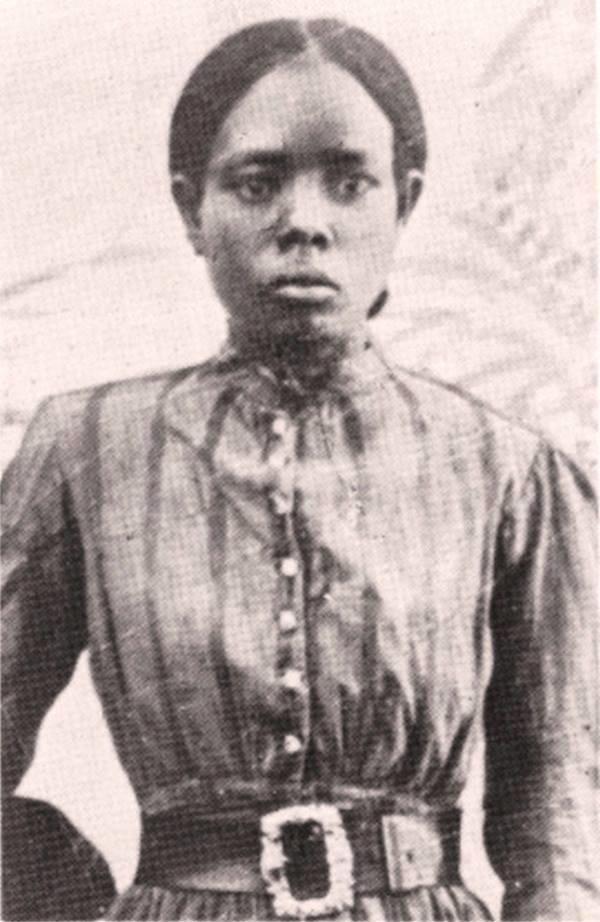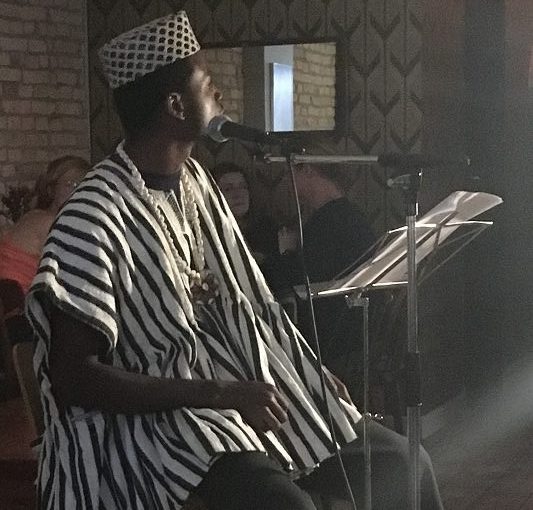As part of our effort to make visible the literary genres, themes, and mediums that are hitherto underacknowledged in studies of World Literature, one of the areas we focus on is orature.
Voices from Broken Places – Recording with Professor Assefa Dibaba
Dr Assefa (aka Asafa) Tefera Dibaba is a poet, educator and researcher. He is the author of anthologies of poems in English and Oromo including: Anaany’aa (1998, 2006), Edas-Edanas (1997), Finfi (Ilyaada) (2014), Decorous Decorum (2006), and The Hug (2011), and has published works of prose including Danaa (2000), Eela (2009), Theorizing the Present


